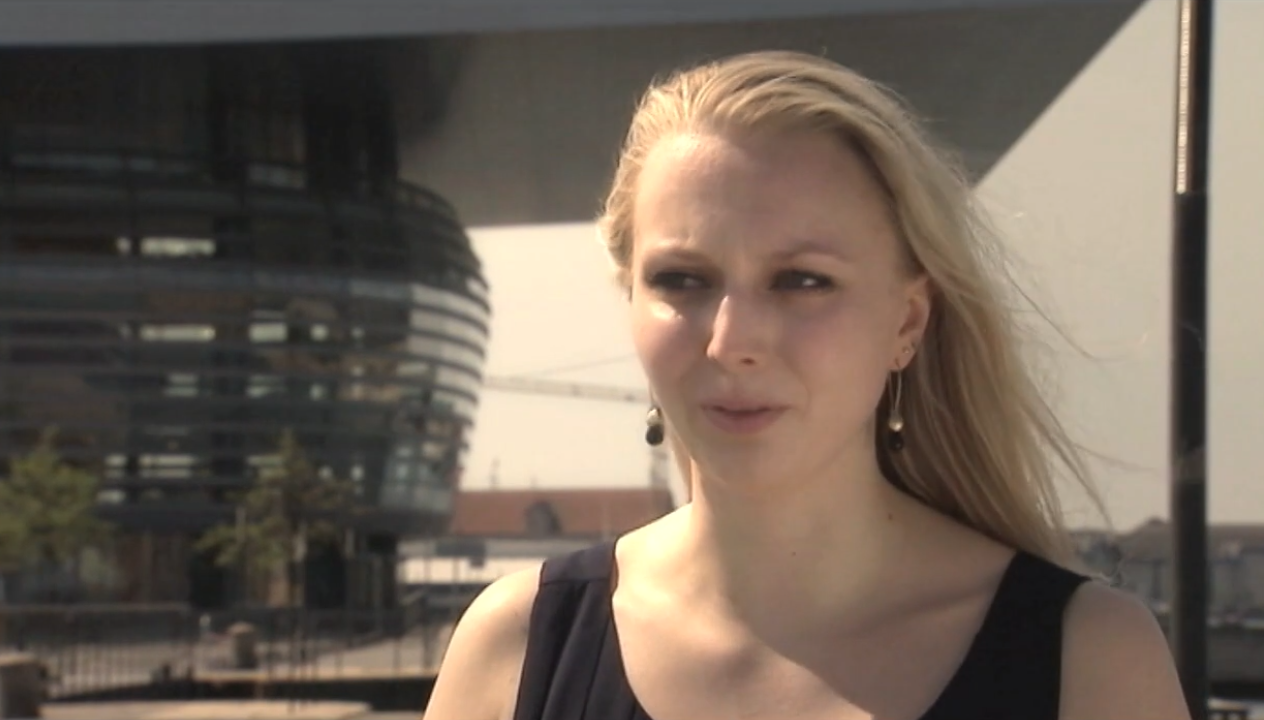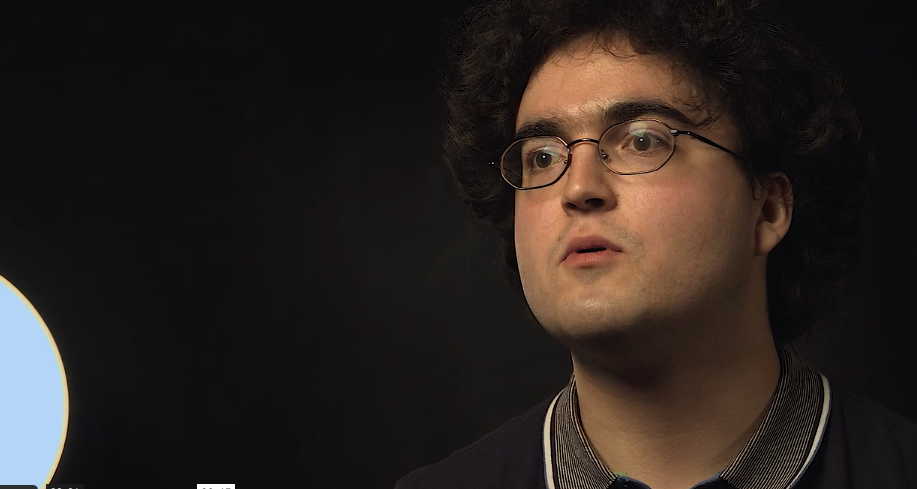Léonie Sonning Talent Prize 2020
Stavanger by night
When Nils Erik Måseidvåg was a teenager, the perfect Saturday night for him was when there was absolutely nothing on in his hometown of Stavanger in western Norway. Because that meant he could grab a whole load of scores and immerse himself in e.g. Bruckner’s collected symphonies from start to finish.
“I’d always have a big pile of scores on one side of my desk and a big pile of CDs on the other side. They’d constantly be replaced so that I could get to know as much music as possible,” Nils Erik explains about his young teenage years, where he also started playing the clarinet in a youth orchestra. Something which really opened his eyes to classical music.
Years before that it was a prolonged stay in Scotland with his family which got him to play music. All children had to play an instrument in the local music corps, and Nils Erik was given the clarinet. Back in Stavanger there were lots of options in terms of music, so he stuck with the clarinet even though the Scottish adventure was over. Nils Erik was soon to be found on the first row at subscription concerts with Stavanger Symphony Orchestra with his dad, who played the bassoon and was interested in classical music himself.
Engrossed in music
As Nils Erik got better and developed a deeper interest in orchestras, he started reading the sheet music while listening to the music. The same way he does today.
“Once I find a new area within music, then I get completely engrossed. For a while it can be Mahler’s symphonies, Wagner’s operas or Stockhausen, but no matter what it is, I’m totally fascinated by that particular music until I find something else and go down that road,” Nils Erik explains enthusiastically and adds that he sees these as really nice periods as they are full of curiosity and enthusiasm about all the new things he discovers.
Slowly Nils Erik became more and more absorbed by reading music rather than playing it. So when he discovered that you could study conducting at the Norwegian Academy of Music, he spontaneously applied and got in. At the same time he dismissed all previous dreams about becoming either a dinosaur scientist, a professional clarinet player or a composer.
One step at the time
The greatest works Nils Erik can imagine conducting are some of Wagner’s greatest opera works such as The Ring of the Nibelung, Tristan and Isolde or Parsifal. However, with his love for music it is important for him not to bite off more than he can chew.
“Right now I really appreciate the professional jobs I have, which allow me to test myself – preferably right to the limit of what I can do so that next time I can do it even better,” says Nils Erik.
Which orchestra is still too big for the humble conductor Nils Erik will not reveal, but so far on a national level he has collaborated with The Oslo Philharmonic, Kristiansand Symphony Orchestra, the Bergen Philharmonic Orchestra – and, where his musical passion took its early steps: Stavanger Symphony Orchestra.
All going well, he will be leading the Aarhus Symphony Orchestra in May 2020 when he will be taking his exam in orchestral conducting from the Royal Danish Music Academy. From there on, the world is his oyster.
Nils Erik Måseidvåg in brief
Born in 1992. Grew up in Stavanger, Norway.
Played the clarinet in child and youth orchestras in Scotland and Stavanger.
Bachelor’s and master’s degree in orchestral conducting from the Norwegian Academy of Music in Oslo and later on master’s degree from the Royal Danish Academy of Music in Copenhagen.
Has conducted leading Norwegian orchestras such as the Oslo Philharmonic, Kristiansand Symphony Orchestra, Stavanger Symphony Orchestra, the Norwegian Radio Orchestra, the Royal Norwegian Navy Band, Trondheim Symphony Orchestra and the Arctic Philharmonic Orchestra.
In 2018-2019 Nils Erik was assistant conductor for the Bergen Philharmonic Orchestra.
The scholarship from the Léonie Sonning Music Foundation
Nils Erik will spend the money from the Léonie Sonning Music Foundation on participation in master classes in Hungary and Germany as well as study trips to London and Berlin to oversee rehearsals with some of the best orchestras and conductors in the world.





